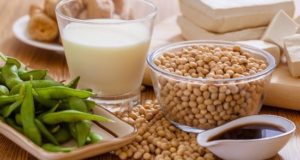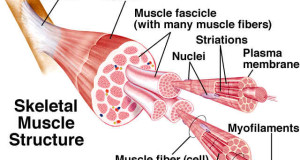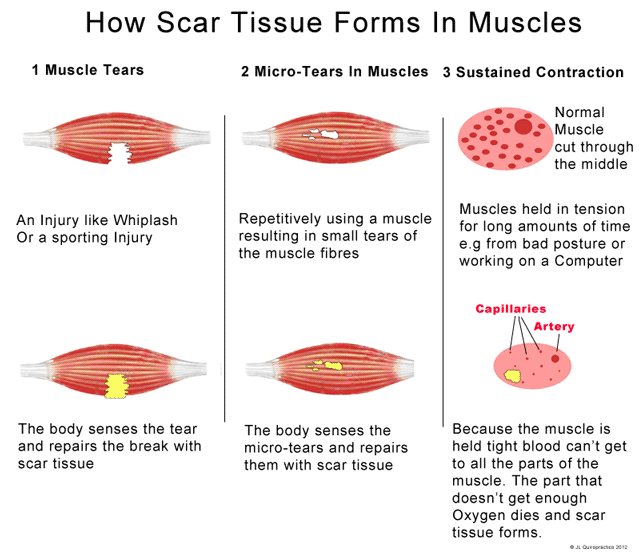
There is more behind eating than just the appealing taste of food. The foods that we eat play a variety of roles in our body. A healthy diet, comprising of all the major nutrients, is vital to the smooth growth and functioning of our various body organs. Different nutrients contribute to the health of the body in a number of ways.
For example, carbohydrates are the primary source of energy for the body. These complex sugars are more easily broken down than other groups and provide a richer source of calories which the body requires to function. However, although carbs are an important part of our daily diet, they do not provide all that the body needs. They are for instance not used in the repair of muscles. This function is instead the responsibility of proteins.
If carbohydrates are the energy source of the body, then protein are the building blocks which it uses. Most of the muscles and organs in the body are largely made up of protein. In order to repair damage muscles, our body makes similarly makes use of protein towards achieving this end. Protein is required for the formation and repair of new body cells. It is also required for the creation and production of the many hormones and enzymes which our body systems rely on. The following are some important tips about using protein.
If you plan on building muscles, you will need to ensure that your diet contains a rich supply of protein. This is particularly important because during workout sessions you actually break down instead of building up your muscles. It is only after you have completed your workout routine that your body then repairs and rebuilds the affected muscle group. It is because of this that people are always encouraged not to exercise every day. This gives the body a chance to work on repairs.
Without protein in your diet however, none of this will be possible.
Unlike the calories found in carbohydrates which can be stored in your body, the human body does not retain protein deposits. If you therefore fail to include a regular source of protein in your diet your body will find it difficult to repair your damaged muscles when it needs to.
There are two major sources of protein: animals and plants. Good animal sources of protein include eggs, fish, and lean cuts of meat. Healthy plant sources include most legumes and some nuts. Dairy products can also be included as well. It is recommended that you eat a protein rich diet after a weight/resistance training session. This will ensure that your body has enough to attend to the tissue rebuilding that will need to be done. However, if you already maintain a healthy diet (one which is rich in protein) this will hardly be necessary.
Many people wrongly assume that the amount of muscle which you gain is related to the volume of protein in your diet. People thus completely ignore carbs and rely solely on proteins as their main energy source. This is risky because the amount of calories provided by proteins is hardly sufficient. Also, the body takes a much longer time to digest protein than it does carbohydrates. A diet based on this is not only ineffective but also unhealthy. Doing this can be result in many dangerous results one of which is ketosis a situation where you lose muscle amongst other symptoms.
It is recommended that people consume at least 0.36 grams of protein for every pound that they carry in body weight. You will therefore need to take about 55grams of protein daily if you weighed 150 pounds. Put in a simpler light, a healthy diet is one which accounts for 15% protein in the total daily calorie intake. In most cases this value is normally found to be between 60grams to 90 grams depending on the individual.
For people who wish to exercise regularly during the week however, they will be required to eat a lot more protein than an average person. As earlier stated, exercise routines require a much higher concentration of protein in a person’s diet. Instead of 0.36 grams per pound, you should therefore aim at eating at least.55grams for each pound of your body weight. Doing this will ensure that your body has enough protein for its regular daily needs as well as the extra that will be required to build up and repair the damaged muscle.

Source by Jonnie Blaylock
 Vitamin Agent The Health & Naturalistic Source
Vitamin Agent The Health & Naturalistic Source





